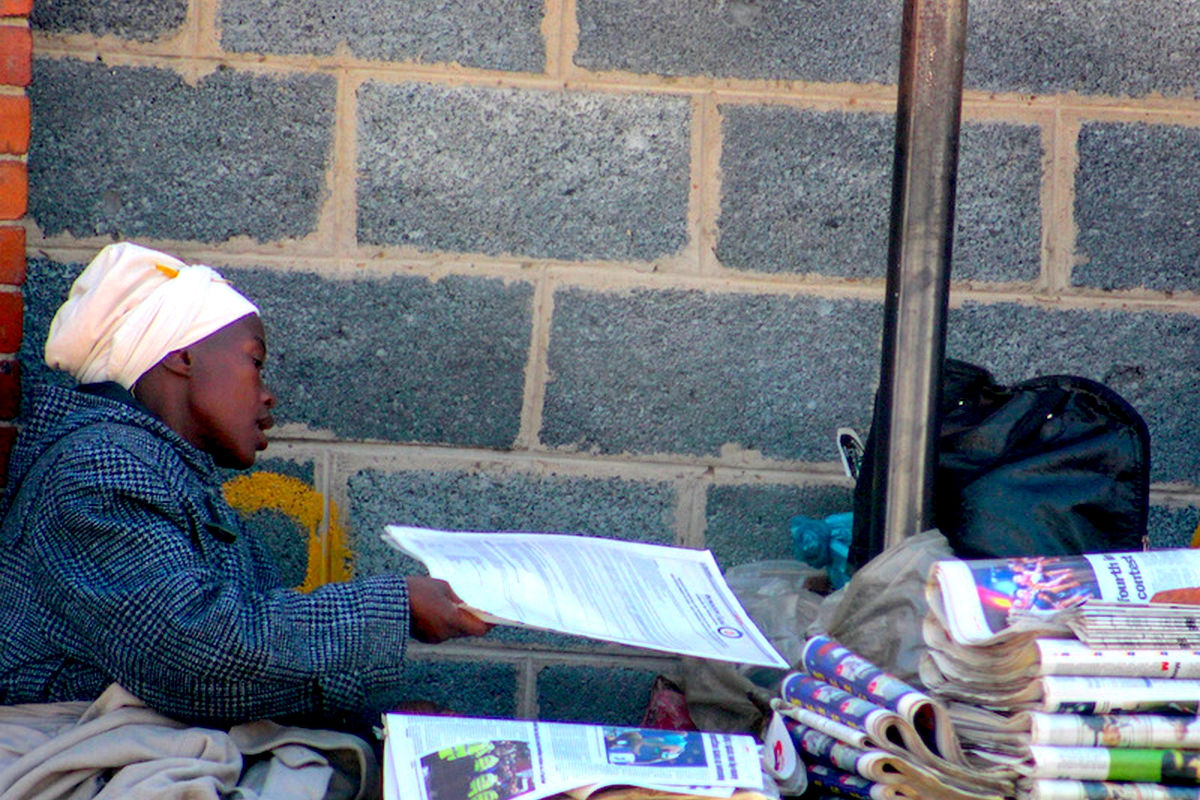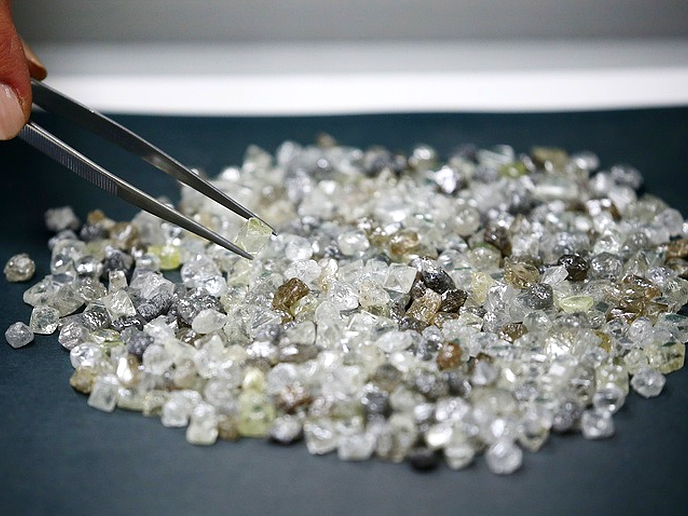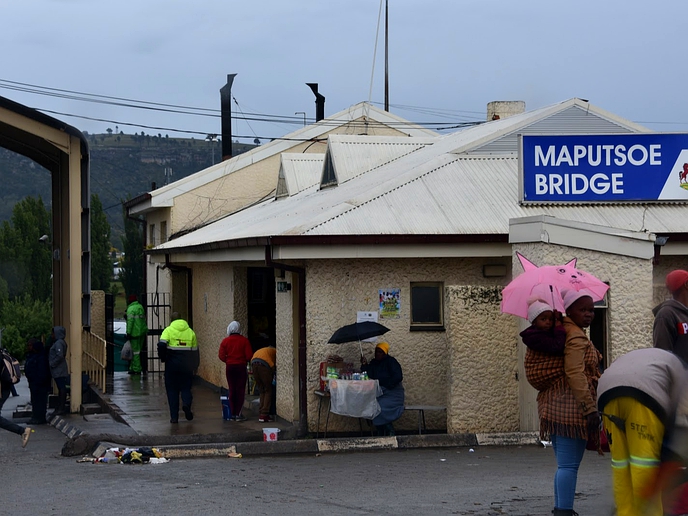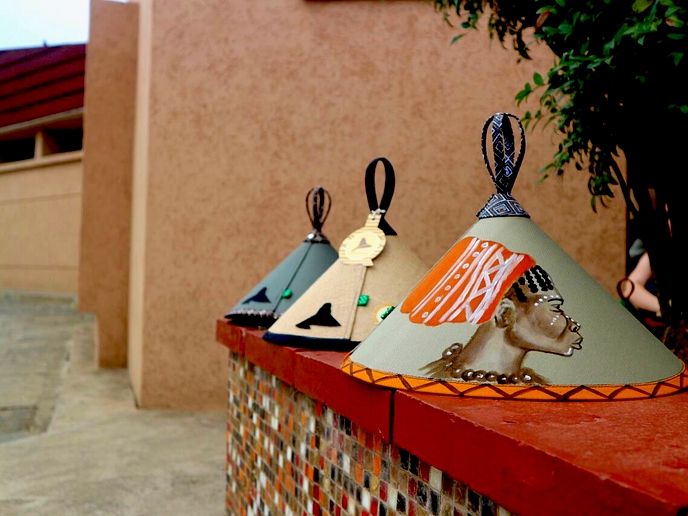MASERU - A group of resourceful women has ventured into a rare sector of manufacturing where they recycle waste materials and transform them into lucrative products that have turned their lives around.
business
Aug. 22, 2019
STAFF REPORTER
3 min read
Women squeeze cash out of waste

The project is a brainchild of the cottage industry under the Ministry of Agriculture and Food Security (MAFS). According to the Principal Nutrition Officer in cottage industry ’Masheleng Motso’ane, they are turning waste into a fortune. “We are making a whole new business out of waste,” Mrs Mots’oane said.
She added: “We take what would otherwise be hopelessly abandoned plastic bottles and papers among others and transform them into great products.” Products made from recycled waste are there for everyone to view at the Nutrition headquarters under the MAFS.
They include chairs, clutch bags, sleeping shoes, gift bags and mirrors just to mention but a few. The project is now being rolled out to other agriculture resource centres to benefit unemployed women in villages throughout the country.
Mrs Motso’ane said their main duty as the department was to ensure that women were able to put bread on the table. But with the growing vicissitudes of climate change the department felt the pinch of being unable to live to the earnest promise of availing food at household levels. “But instead of wailing in despair, we looked around and found means to soldier on,” she said.
Among others, she said they rummaged through the internet and discovered that the waste normally regarded as a fleabite in society could actually generate revenue for hundreds of families in Lesotho. They supplemented the knowledge they gathered from the net with skills acquired at international conferences they usually attend.
“We share with other people how they generate income in their respective countries every time we meet at international platforms,” she said, adding that recycling had now become a catch word. Late last year, Mrs Mots’oane along with seven fellow local nutritionists walked the talk.
Enjoy our daily newsletter from today
Access exclusive newsletters, along with previews of new media releases.
They did not have to dig deep into their pockets but simply picked the plastic bottles and cardboard boxes at local dump sites and crafted them into desired products to generate income. The artistic products they produced were a marvel that was well received in the market.
“We took the products to exhibition shows where our potential customers accessed them,” she said.To manufacture a chair, Mrs Mots’oane said they require six- litre bottles of soft drinks and pieces of wood at both ends and use a glue-gun to make it stronger. The art work is just amazing. Mrs Mots’oane said theirs was to simply go out to scavenge waste cardboards, bottles and newspapers to get their work started.
They are now taking this great innovation to other women in order to change their lives and those around them. “I can only hope that they will take advantage of this innovation and better not only their lives but their communities’ as well while creating their own jobs,” Mrs Mots’oane also said. She urged other women out there to interact with nature to eke out a living by recycling waste to earn a living.
“Waste is in abundance and free, hence it allows us to cut business or project costs,” she said. According to a World Bank’s Urban Development Series report, waste generation in sub-Saharan Africa is approximately 62 million tonnes per year. Mrs Mots’oane said their major aim was to combat hunger and eradicate poverty. Because of climate change she showed that farmers were struggling to produce enough food to feed their families.
She said if the community was unable to produce enough to eat, it should at least have a purchasing power. “Climate change has affected the production capacity. But with projects like this, women can have money to buy some food even under harsh conditions brought about by the climate change,” she further showed.
The Area Technical Officer at the Masianokeng Resource Centre, ’Matseko Phokojoe, said they multi-tasked by keeping the environment clean while at the same time generating income.
Mrs Phokojoe said their goal was to ensure that families had balanced meals three times a day, adding that helped prevent stunted growth. “Eating a healthy, balanced diet plays a vital part in maintaining a good level of all-round health and fitness and will avoid malnutrition,” she noted.
Tailored for you






